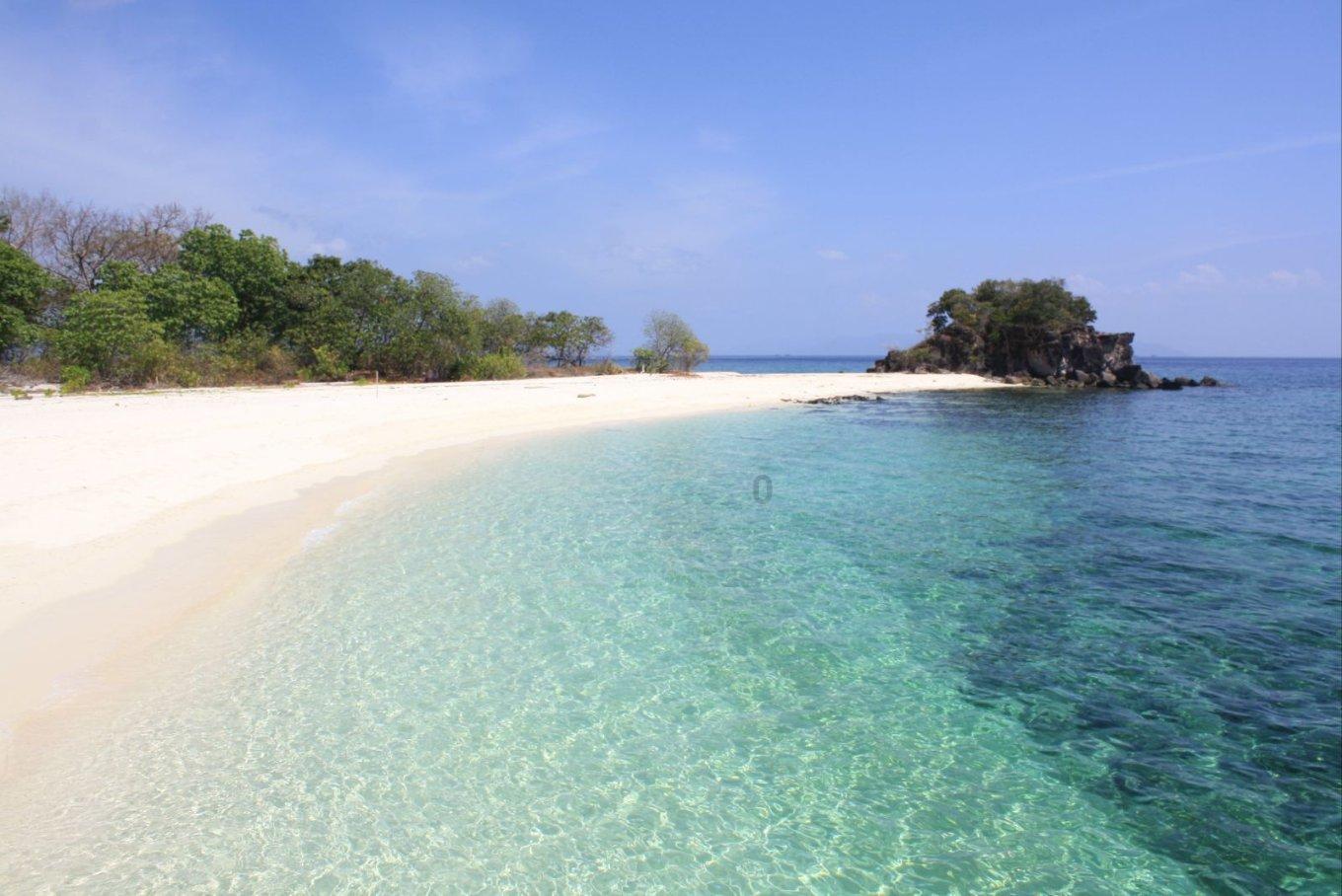Natural disasters are events caused by natural forces that can cause significant damage to the environment and endanger the lives and well-being of people and other living organisms. They include phenomena such as earthquakes, floods, hurricanes, tsunamis, wildfires, and volcanic eruptions.
One of the most devastating natural disasters is an earthquake. It occurs when the Earth's tectonic plates shift and release energy, causing the ground to shake. Earthquakes can result in the collapse of buildings, destruction of infrastructure, and loss of life. They can also trigger secondary disasters such as landslides and tsunamis.
Floods are another common natural disaster that occurs when there is an excessive amount of water in an area. Heavy rainfall, melting snow, or dam failures can lead to flooding. Floods can cause widespread damage to homes, crops, and infrastructure. They can also lead to the displacement of people and the outbreak of water-borne diseases.
Hurricanes, also known as typhoons or cyclones, are powerful storms that form over warm ocean waters. They are characterized by strong winds, heavy rain, and storm surges. Hurricanes can cause massive devastation, including widespread flooding and destruction of homes and buildings. The strong winds can uproot trees and power lines, leading to power outages and communication disruptions.
Tsunamis are ocean waves triggered by underwater earthquakes, volcanic eruptions, or landslides. They can travel across the ocean at high speeds and cause enormous damage when they reach coastal areas. Tsunamis can obliterate entire communities, destroy infrastructure, and cause widespread loss of life.
Wildfires are uncontrolled fires that spread rapidly through vegetation, fueled by dry weather conditions and strong winds. They can destroy vast areas of forests, habitats, and farmland, causing significant ecological and economic damage. Wildfires can also lead to the release of harmful pollutants into the air, jeopardizing the health of nearby communities.
Volcanic eruptions occur when molten rock, ash, and gases are released from a volcano. They can result in the destruction of nearby communities, as well as long-term environmental consequences such as the deposition of ash and the formation of new landforms. Volcanic eruptions can also lead to the release of toxic gases into the atmosphere, posing a threat to human health.
In conclusion, natural disasters are events caused by natural forces that can have devastating consequences. They can result in loss of life, destruction of infrastructure, and long-term environmental damage. It is crucial for governments, communities, and individuals to be prepared for such disasters and take appropriate measures to mitigate their impact.
李明打伊朗那个30度角的先不算啊,只算正面远射。, 烙烙馍是个细致活儿。
《中国互联网发展报告2023》指出,随着中国网民规模达10.79亿人,互联网普及率达76.4%,数字技术深度融入普通百姓日常生活,数字公共服务凸显普惠便捷。,
还有部分患者胸痛的部位不典型,常被误认为是胃痛、牙痛或者肩周痛等。,二次方二手商品流通电商产业园探索研发全业态产业链运营系统,不仅解决了困扰二手商品交易市场多年来的信任、合规经营等难题,更让企业在其中互相协作、上下游拓展,逐步形成新业态。


